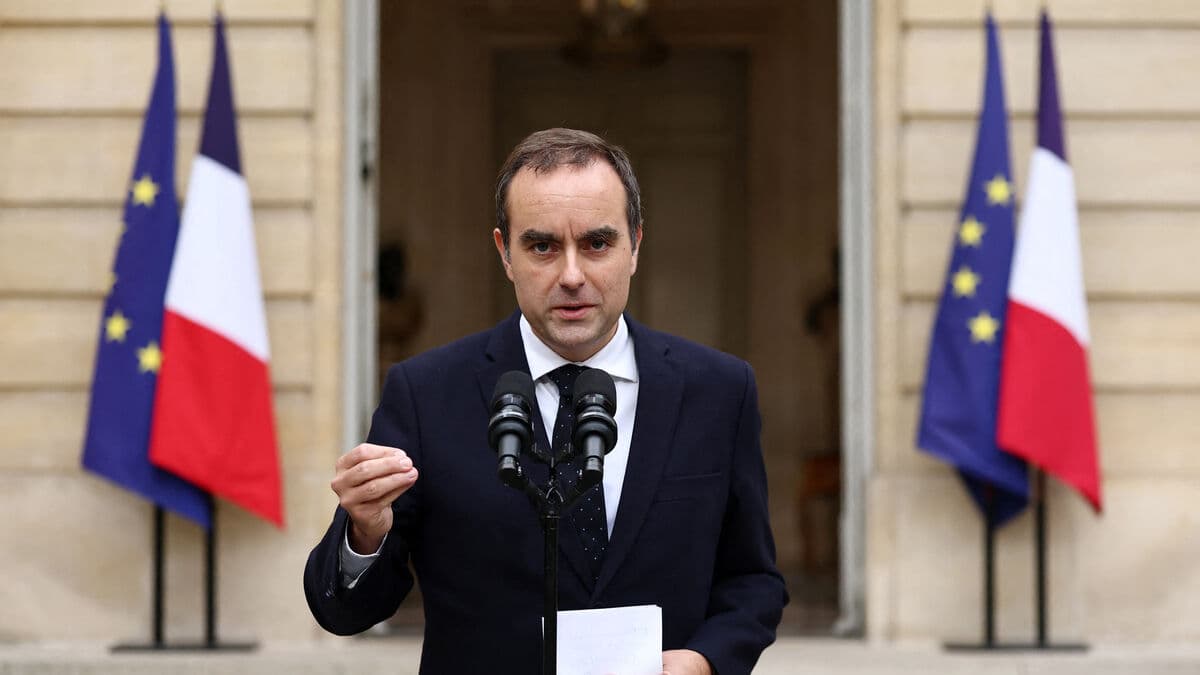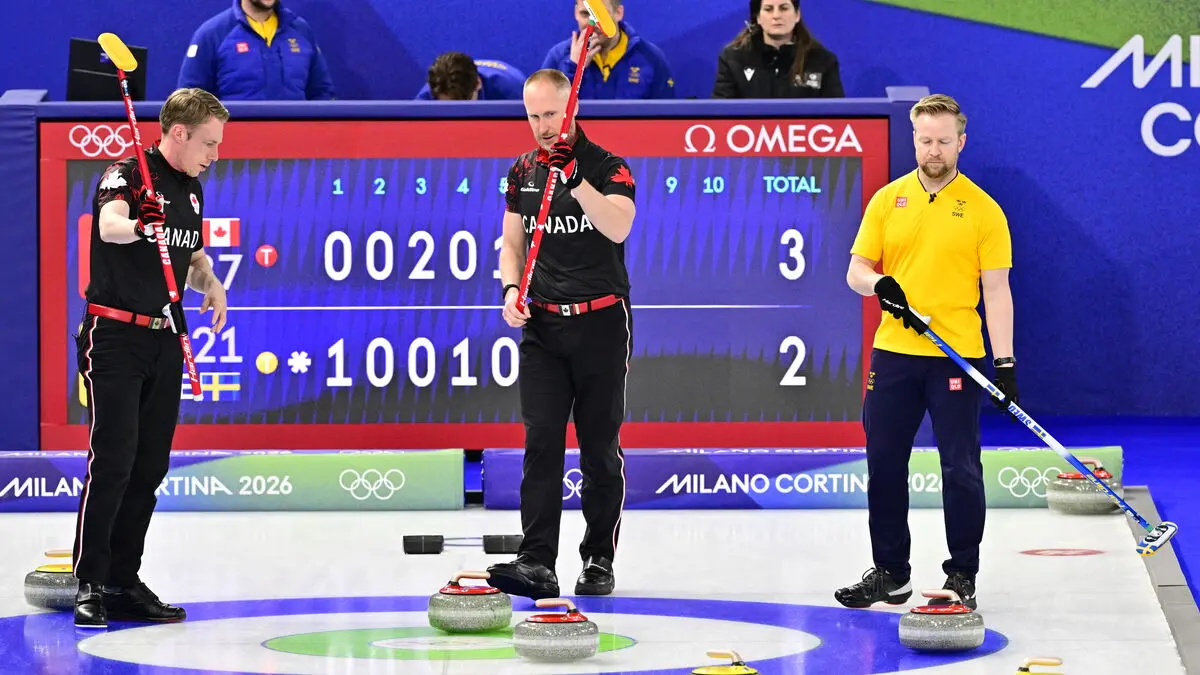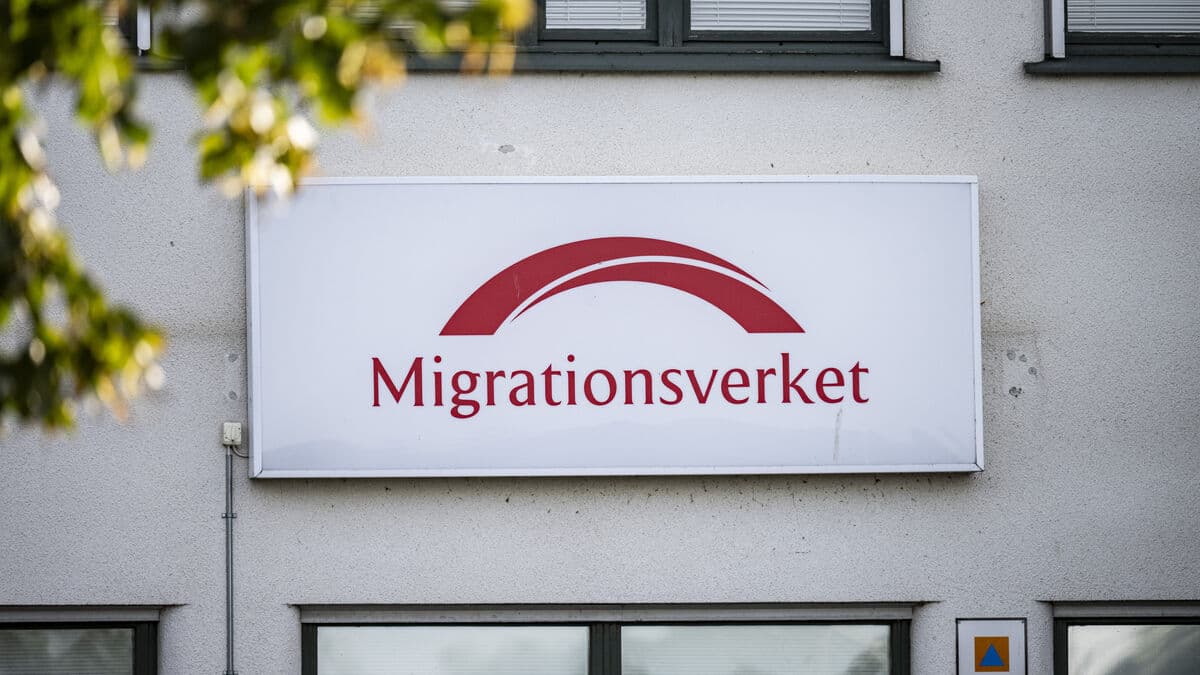More or less directly after the resignation, Lecornu called a press conference, which in itself is seen as a sign of the seriousness of the situation in French contexts.
I was willing to compromise, Lecornu defends his attempt to govern.
But in the live broadcast, he adds that he did not experience the same will from the other parties.
The conditions were not there, says Lecornu about the opportunities to continue governing.
Many ministers from the predecessor François Bayrou's time had, after slow negotiations, agreed to remain in the new government, but when the whole became clear on Sunday evening, the criticism became so harsh that some regretted it. Among other things, the Minister of the Interior Bruno Retailleau went out and said that this government does not mean the new start that is required.
"Red lines"
Lecornu says that he has tried to make compromises to get to grips with the country's budget crisis, but that the response has been too poor.
There are many red lines, he says about the attitude of other politicians.
Those who want to find a way forward for the country must be able to move forward. I say this with respect, I am an activist, it is the activists who engage. But you must always put the country first, you must listen to the tough ones but always put the French people first.
"Back to the ballot boxes"
Lecornu was appointed as the government builder just under a month ago, by President Macron. Then, François Bayrou had resigned after just a few months in office, after losing a vote of no confidence in parliament.
The far-right National Rally is among those who now demand another new election. Party leader Jordan Bardella tells BFMTV that the president "does not understand anything about the situation we are in".
Stability cannot be restored unless we go back to the ballot boxes, he continues, and gets support from the party's former leader Marine Le Pen.
And Mathilde Panot, group leader of the left-wing party LFI, repeats the demand for Macron to resign as well.
The countdown has begun, she says according to French media.
27 days
In the hope of curbing the crisis, new elections to the National Assembly were held on Macron's initiative as recently as last year. But the result was only renewed division.
Macron himself has a term that extends until 2027, when it's time for the presidential election.
The political turbulence is rooted in France's huge budget problems. The national debt is over 110 percent of GDP, and to get to grips with this, Macron and his prime ministers have proposed harsh austerity packages. But the proposals for, among other things, lower pensions and abolished public holidays have sparked great popular anger.
Henrik Samuelsson/TT
Facts: Short-lived French governments
TT
Sébastien Lecornu's resignation came just 27 days after he was appointed. He thus becomes the shortest-lived prime minister in the nearly 70-year history of the Fifth Republic.
But he is only the most extreme example during Emmanuel Macron's time. The president has appointed three prime ministers in the past year who have not managed more than a few or just one month - Michel Barnier, François Bayrou, and now Lecornu.
In total, France has had about 30 prime ministers since 1958. That was when the Fifth Republic was created, with a constitution developed by the country's founder Charles de Gaulle.






